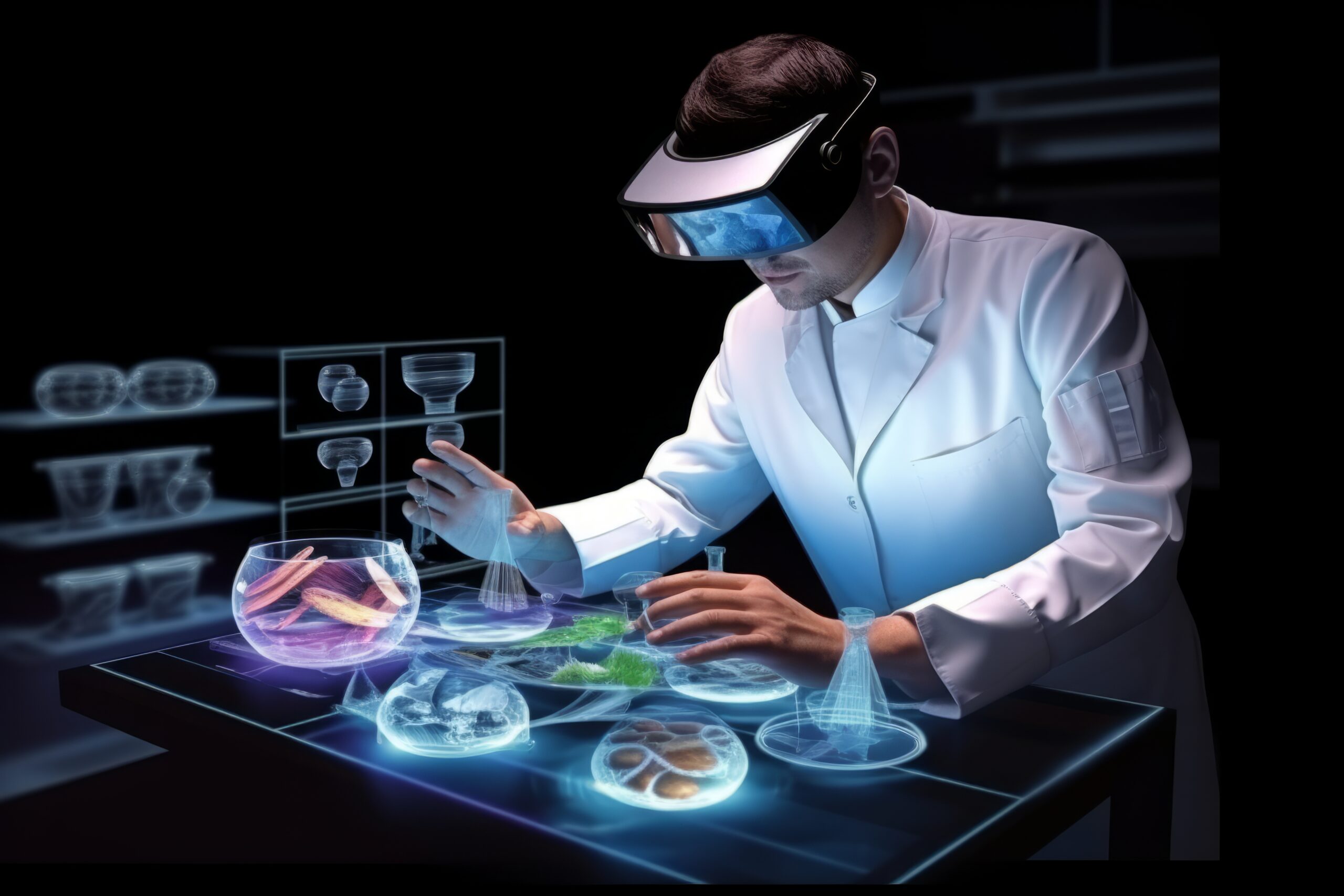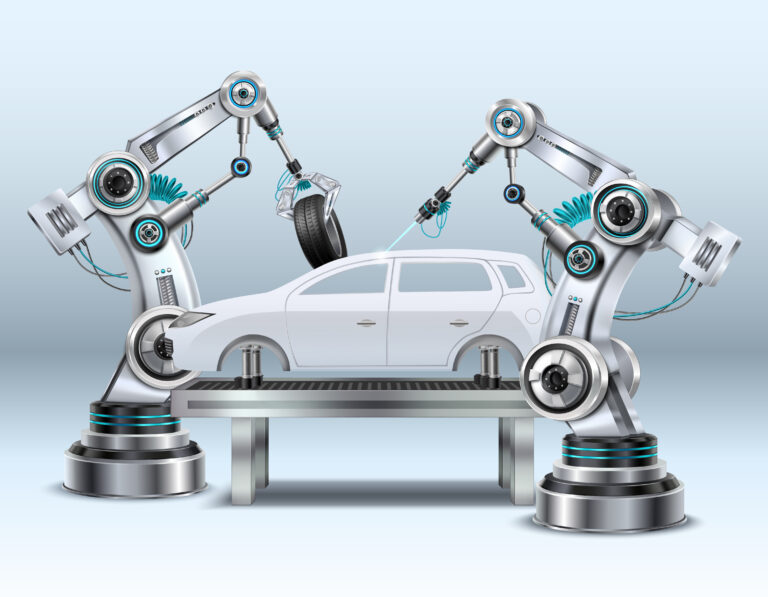How AI is Shaping the Future of Healthcare
Artificial Intelligence (AI) is no longer just a buzzword; it’s a transformative force reshaping various industries, and healthcare is at the forefront. From diagnostics to personalized treatment plans, AI is revolutionizing how we approach healthcare, making it more efficient, accurate, and accessible. Let’s dive into the ways AI is shaping the future of healthcare and improving our lives.
Revolutionizing Diagnostics
One of the most promising applications of AI in healthcare is in diagnostics. AI algorithms can analyze medical images, such as X-rays, MRIs, and CT scans, with remarkable accuracy. These algorithms are trained on vast datasets, enabling them to identify patterns and anomalies that might be missed by the human eye. For example, AI systems can detect early signs of diseases like cancer, potentially saving lives by enabling earlier intervention.
Personalized Treatment Plans
AI is also enhancing the personalization of treatment plans. By analyzing a patient’s medical history, genetic information, and lifestyle factors, AI can suggest customized treatment options that are more likely to be effective. This approach moves away from the one-size-fits-all model, ensuring that patients receive care tailored to their unique needs.
Streamlining Administrative Tasks
Healthcare professionals often spend a significant amount of time on administrative tasks, such as scheduling appointments, managing patient records, and processing insurance claims. AI-powered systems can automate these tasks, freeing up healthcare providers to focus on patient care. This not only improves efficiency but also reduces the risk of human error.
Enhancing Drug Discovery
The process of developing new drugs is time-consuming and expensive. AI is accelerating this process by predicting how different compounds will interact with targets in the body. Machine learning models can analyze existing data to identify potential drug candidates and optimize their chemical structures, significantly reducing the time and cost involved in bringing new medications to market.
Improving Patient Monitoring
Wearable devices and remote monitoring systems are becoming increasingly popular, allowing patients to track their health in real-time. AI can analyze data from these devices to provide insights into a patient’s condition and alert healthcare providers to any concerning changes. This proactive approach to patient monitoring can prevent complications and improve outcomes, especially for those with chronic conditions.
Enhancing Mental Health Care
AI is making strides in the field of mental health care as well. Chatbots and virtual therapists powered by AI can provide support and counseling to individuals experiencing mental health issues. These tools can offer immediate assistance and help bridge the gap between patients and mental health professionals, especially in areas with limited access to care.
Predictive Analytics for Better Outcomes
AI’s predictive analytics capabilities are invaluable in healthcare. By analyzing historical data, AI can forecast potential health issues and suggest preventive measures. For instance, AI can predict outbreaks of infectious diseases, enabling timely interventions to contain them. It can also identify patients at risk of readmission, allowing healthcare providers to take preemptive actions to improve patient outcomes.
Addressing Ethical and Privacy Concerns
As AI continues to integrate into healthcare, addressing ethical and privacy concerns is crucial. Ensuring that AI systems are transparent, unbiased, and secure is essential to maintaining patient trust. Robust data protection measures and ethical guidelines must be in place to safeguard patient information and ensure the fair use of AI technologies.
The Human Touch
While AI brings remarkable advancements to healthcare, it’s important to remember the value of the human touch. AI is a tool that augments the capabilities of healthcare professionals but does not replace them. The empathy, compassion, and critical thinking that healthcare providers offer are irreplaceable and essential to patient care.
Embracing the Future
The future of healthcare is undoubtedly intertwined with AI. As technology continues to evolve, we can expect even more innovative applications that enhance patient care, improve outcomes, and make healthcare more accessible to all. Embracing AI in healthcare requires collaboration, continuous learning, and a commitment to ethical practices.
In conclusion, AI is shaping the future of healthcare in profound ways. By revolutionizing diagnostics, personalizing treatment plans, streamlining administrative tasks, enhancing drug discovery, improving patient monitoring, supporting mental health care, and leveraging predictive analytics, AI is transforming how we approach health and wellness. As we navigate this exciting frontier, let’s harness the power of AI while maintaining the human touch that lies at the heart of healthcare.






